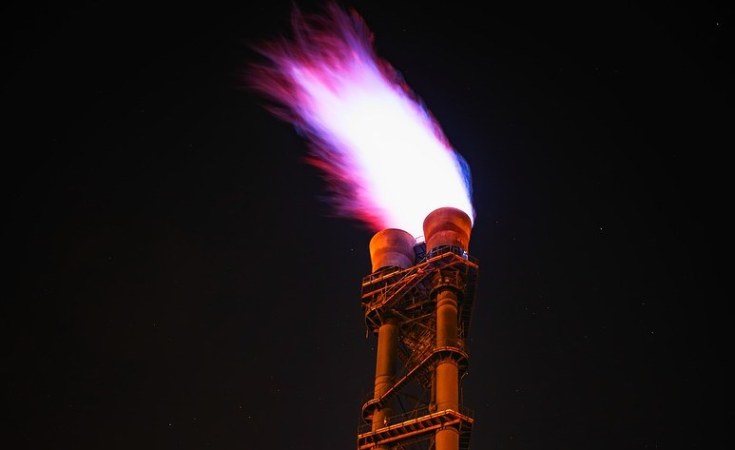If Africa is to successfully exploit its critical mineral endowments, it must navigate a complex geopolitical environment, manage important policy trade-offs and foster regional cooperation to strengthen the environmental and developmental impacts of the mining sector on the continent.
Africa possesses significant reserves of the minerals that are essential for batteries, solar panels and other green tech that will underpin the energy transition from fossil fuels to renewables. Africa's mining industry, however, remains largely structured around a "pit-to-port" model that channels mineral ores elsewhere for processing. The inaugural Critical Minerals Africa conference in Cape Town this month explored how this picture could be changed.
The security of critical mineral supply chains is strategic for many countries due to the expected growth in demand driven by the uptake of clean energy technologies around the world.
In its 2023 Global Risks Report, the World Economic Forum highlighted the risks of ineffective climate action induced by a lack of global cooperation to facilitate flexible mineral supply chains. This could potentially lead to a resource crisis, given that the demands of the energy transition require the availability of certain critical minerals to be scaled up significantly.
Dominant China
Another important factor that has driven geopolitical concerns over critical minerals is the dominant position of China in the production and processing of many of these minerals.
Many countries and regions, notably the US and the European Union, have belatedly come to appreciate...


